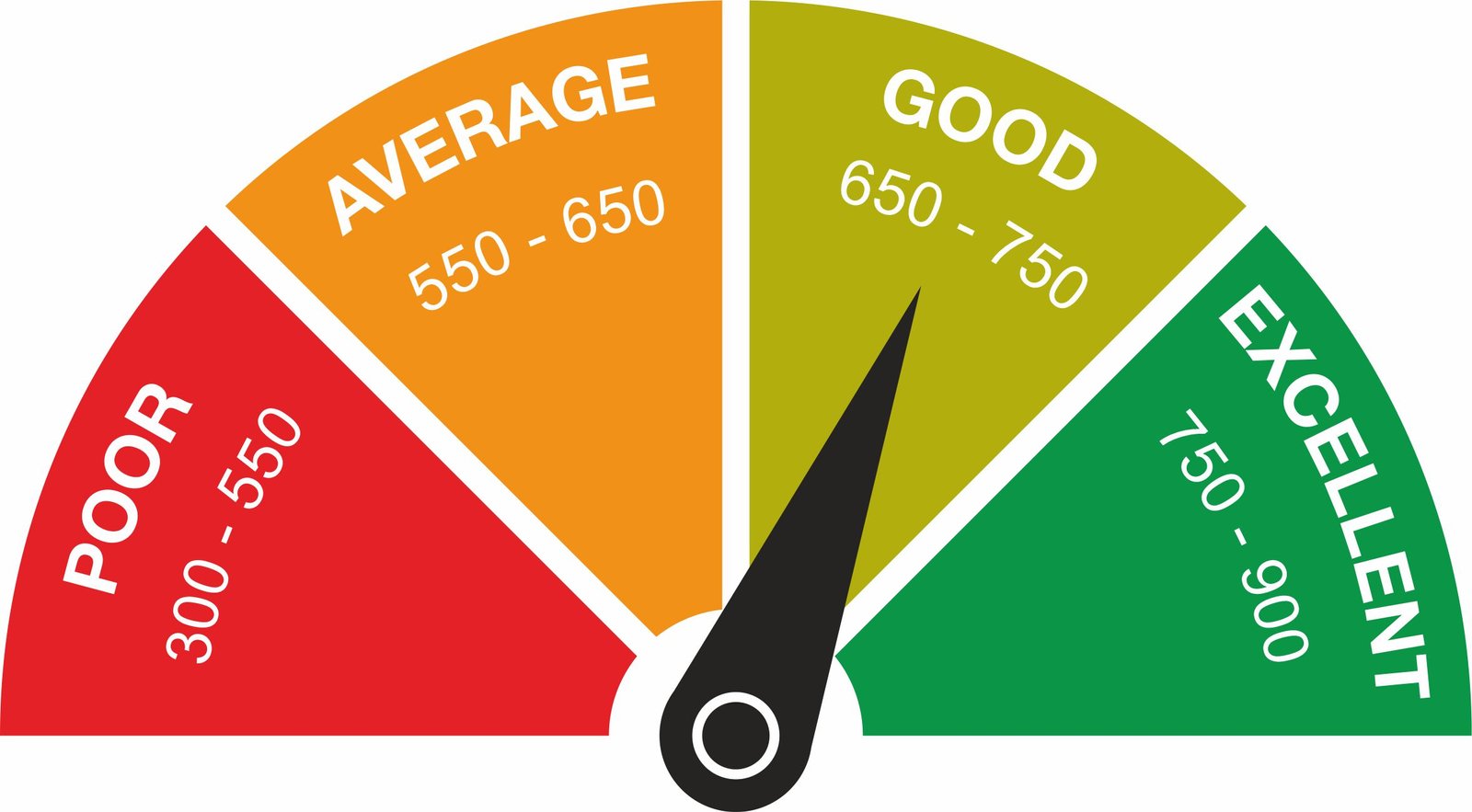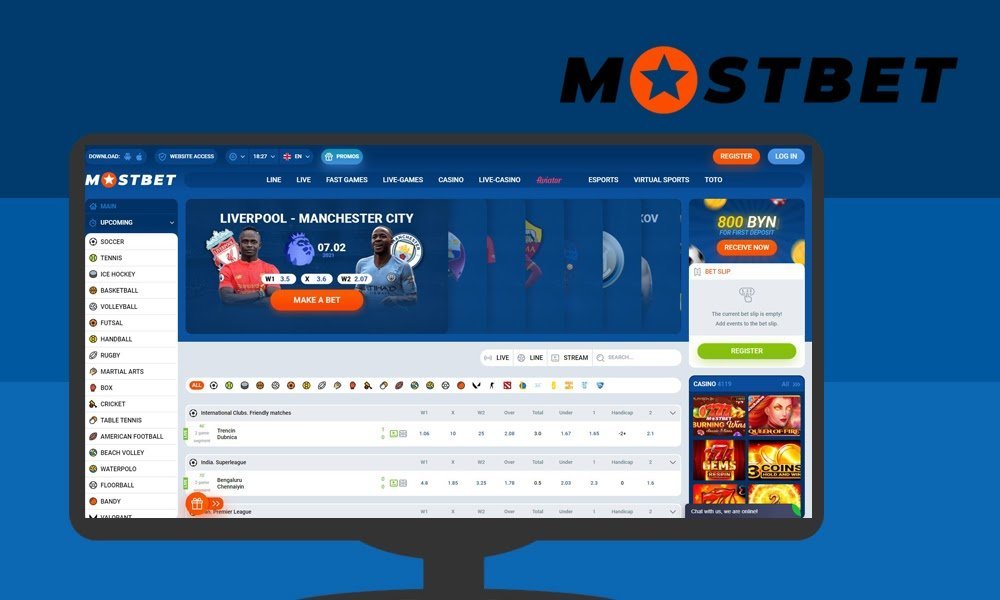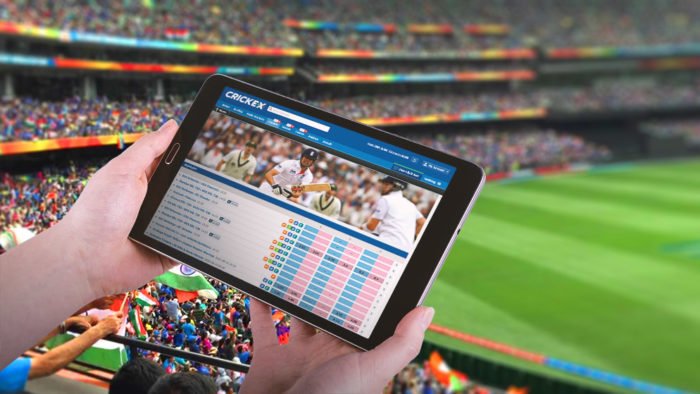Your credit report and CIBIL score are among the main criterion of your credit worthiness. Each time you apply for a credit card or a loan, your credit score is integral in determining whether your application is approved or rejected. A CIBIL score below 650 is considered low, and if your credit score lies in this category – it may be time to introspect your financial decisions and make some changes.
Here are some possible reasons why you have a low credit score –
- Poor Payment History –
Your payment track record is one of the most critical factors affecting your CIBIL score. Each delayed EMI payment or delayed credit card payment lowers your credit score. The effect is worse for those who have defaulted on payments.
- High Credit Utilization Ratio –
Your credit utilization ratio is the total credit utilized divided by the total credit available across all your credit cards and loan accounts. A higher credit utilization ratio represents a higher risk of default and impacts your CIBIL score negatively.
- Submitting Multiple Applications for New Credit Simultaneously –
Submitting multiple applications to many lenders for loans and credit cards within a short time results in several hard inquiries on your CIBIL credit report. Hard inquiries hurt your CIBIL score.
- Multiple Loans –
If you avail of a new loan before repaying another one, it results in a lower CIBIL score. Taking multiple loans shows that you are in a debt trap and have insufficient funds.
- Wrong Mix of Loans –
If you must take multiple loans, make sure you have the right mix. The right mix of loans refers to a balance of secured and unsecured loans in your basket. Too many unsecured loans may lower your CIBIL score.
- Outstanding Debt – Any outstanding payments or debts are negative CIBIL score affecting factors. No matter how small, unpaid dues reflect on your credit report and lower your score.
- Paying Only the Minimum Due Amount –
If you constantly pay only the minimum amount due on your credit card or loans, you may fall into a debt trap. As the debt rolls over to the next month, the interest keeps compounding on your outstanding balance. It affects your CIBIL score negatively.
- Closing Old Credit Card Accounts –
Old credit cards are a great tool to build credit history. Closing old credit card accounts wipes out a long credit history associated with it, thus lowering your CIBIL score. Consider closing a credit card account only if it is relatively new.
- Missed Payments –
Missed payments affect your CIBIL score negatively due to any reason. Missed payments are recorded in your credit history and reflect poorly on your credit report.
- Errors in Your CIBIL Report –
Occasionally, an administrative error may occur in your CIBIL report. It could result from fraudulent activity in your account or wrong information.
Check your credit report to understand your financial situation and what factors have affected your CIBIL score negatively in the past.
How to Improve Your CIBIL Score?
Follow the simple tips given below to improve your CIBIL score:
- Pay Credit Card Dues and loan EMIs On Time:
Nothingaffects your CIBIL score as negatively as loan defaults and delayed payments. If you have a credit card, home loan, or personal loan, make sure you pay every EMI on time. Try to pay the entire EMI and not just the minimum required amount.
- Maintain a Balance Between Secured and Unsecured Credit:
Display prudence in availing and using credit instruments by maintaining a balance of secured and unsecured credit in your basket.
- Review and Monitor Your Credit Report Frequently:
Regularly monitor your credit report to check for administrative errors and possible fraudulent use. If you find any errors, report them immediately to CIBIL and get your score rectified.
- Apply for New Credit Judiciously:
Don’t apply for new credit unless you need it. A low number of credit applications is a simple way to keep your CIBIL score healthy.
- Don’t Keep Applying for Credit if Rejected:
If your application for a loan or credit card has been refused once, don’t apply again unless your credit report and CIBIL score are in order. If your application has recently been rejected by one bank, the next bank is highly likely to reject it too. The best thing to do is wait for a few months for your CIBIL score to improve and then apply.
- Keep the Frequency of Applications Low:
Every time you apply for a loan or a credit card, a hard inquiry is placed on your CIBIL score. A high number of hard inquiries lower your score and reflect poorly on your credit report. Avoid applying for loans or credit cards multiple times in a short while.
- Customize Your Credit Limit:
Your credit utilization limit profoundly impacts your CIBIL score. Restrict your credit usage as per the allotted limit to improve your CIBIL score. Get in touch with your lender and customize your credit limit based on your expenses.
- Opt for a Longer Tenor When You Take a Loan:
Opt for a longer tenor for repayment when taking up a loan. It will keep the EMI low and enable you to make the payments on time. Your credit score will improve when you make all your EMI payments on time.
- Avoid Taking on too Much Debt at One Time:
Take a limited number of loans or credit cards in a fixed period. Repay one loan before taking up another. Repaying a loan boosts your CIBIL score.
Salaried individuals need to maintain a good credit record and a high CIBIL score. It enables you to get a loan when you need it without any hassles. It is advisable to start acting on the tips discussed above and avoid the mistakes that can lower your CIBIL score and land you in a debt trap.
Author Bio:
Shiv Nanda is a financial analyst who currently lives in Bangalore (refusing to acknowledge the name change) and works with MoneyTap, India’s first app-based credit-line. Shiv is a true finance geek, and his friends love that. They always rely on him for advice on their investment choices, budgeting skills, personal financial matters, and when they want to get a loan. He has made it his life’s mission to help and educate people on various financial topics, so email him your questions at shiv@moneytap.com.















